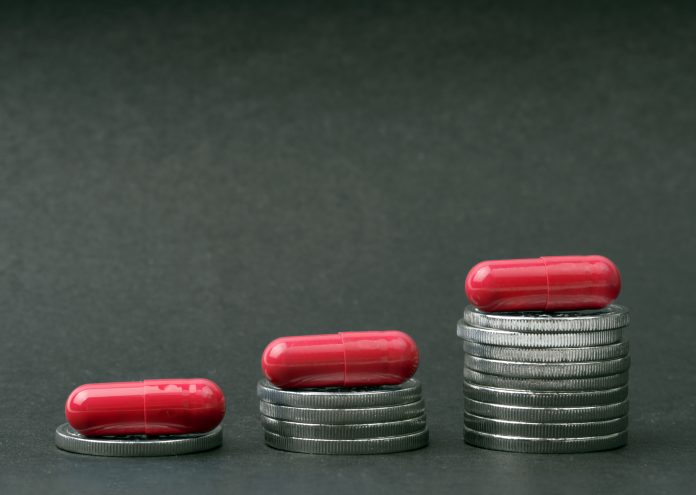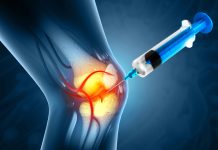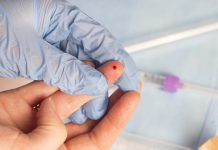Researchers have developed a new tool that can make it easier and cheaper to fabricate compounds needed for pharmaceuticals
Christo Sevov, co-author of the study and an assistant professor of chemistry and biochemistry at The Ohio State University, was part of a team that initially sought to prepare a catalyst that could be activated by electricity to make the bonds of the targeted drug compounds.
The study laid out a guide guideline for taking inexpensive and widely abundant materials, and using them to create complex compounds that wouldn’t normally work together. Streamlining this chemical process could allow researchers to safely create more valuable products with fewer steps and less waste.
The power of electricity to activate bonds in drug compounds
To facilitate the chemical reactions needed in the lab, instead of using high-energy reagents, or added substances, as is customary when synthesising materials, Sevov’s team utilised the power of electricity.
With the climate at the forefront of people’s minds, there has been a more to shift more and more systems towards a more environmentally sustainable solution.
“It’s a very attractive way to do chemistry these days, because we have total control over how we run these reactions,” Sevov said.
“It took maybe three months of testing different combinations of additives, until all of a sudden something worked and it worked phenomenally well. Getting to that complex allowed us to stitch together materials that are very difficult to stitch together under normal circumstances.”
The research has broad applications in medicine, and in the creation of products like agrichemicals (like pesticides or herbicides) and certain plastics.
Using a cheaper chemical catalyst can change outcomes
The metals previously used as catalysts tend to be expensive – however Sevov’s team chose a nickel atom as the catalyst for their tool.
“Being able to use catalysts that are very inexpensive, like nickel, is very beneficial to everyone in the entire community in general,” he said.
“Besides being a cheap alternative for businesses that produce pharmaceuticals, plastics and polymers, using nickel also keeps the cost of food products down. For example, if farmers had to pay more for the agrichemicals these chemical reactions help create, the price of their crop would rise proportionally.”
With their latest discovery, Sevov explained that he is optimistic that their work will start to create brand new avenues in the field of chemistry.
“We’re going to take advantage of this really reactive intermediate and see how far we can run with it,” Sevov said.











